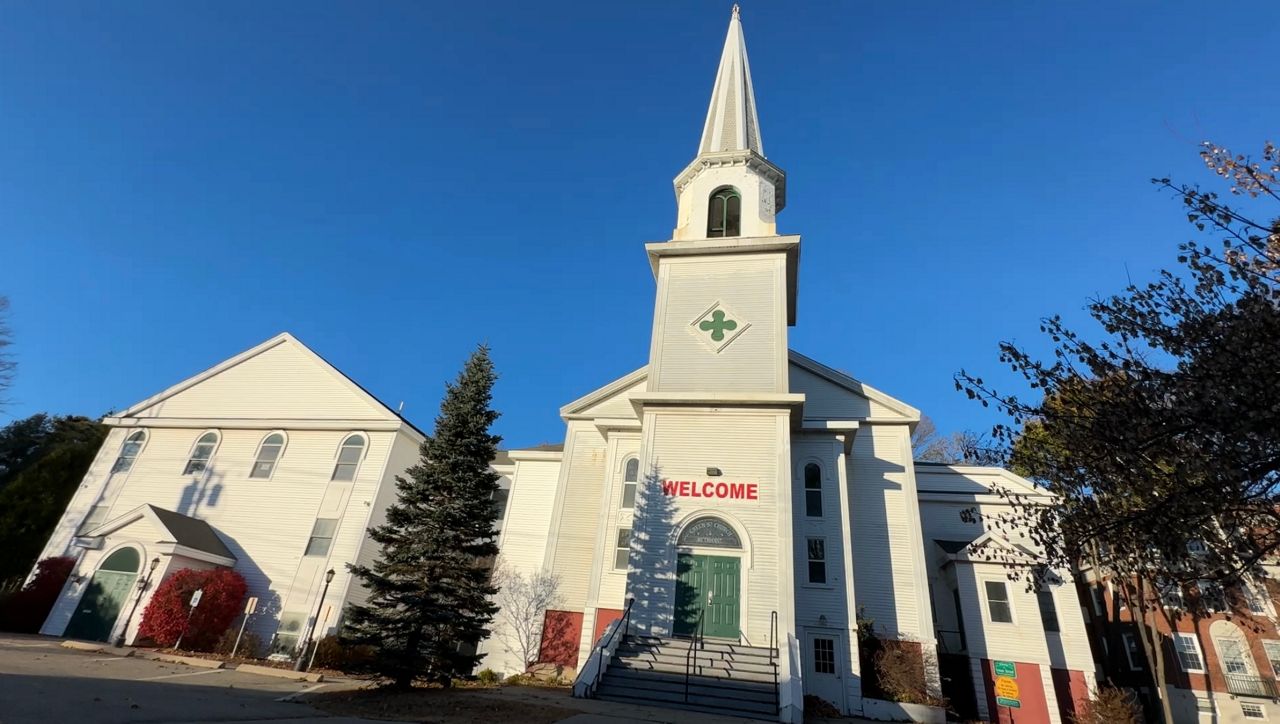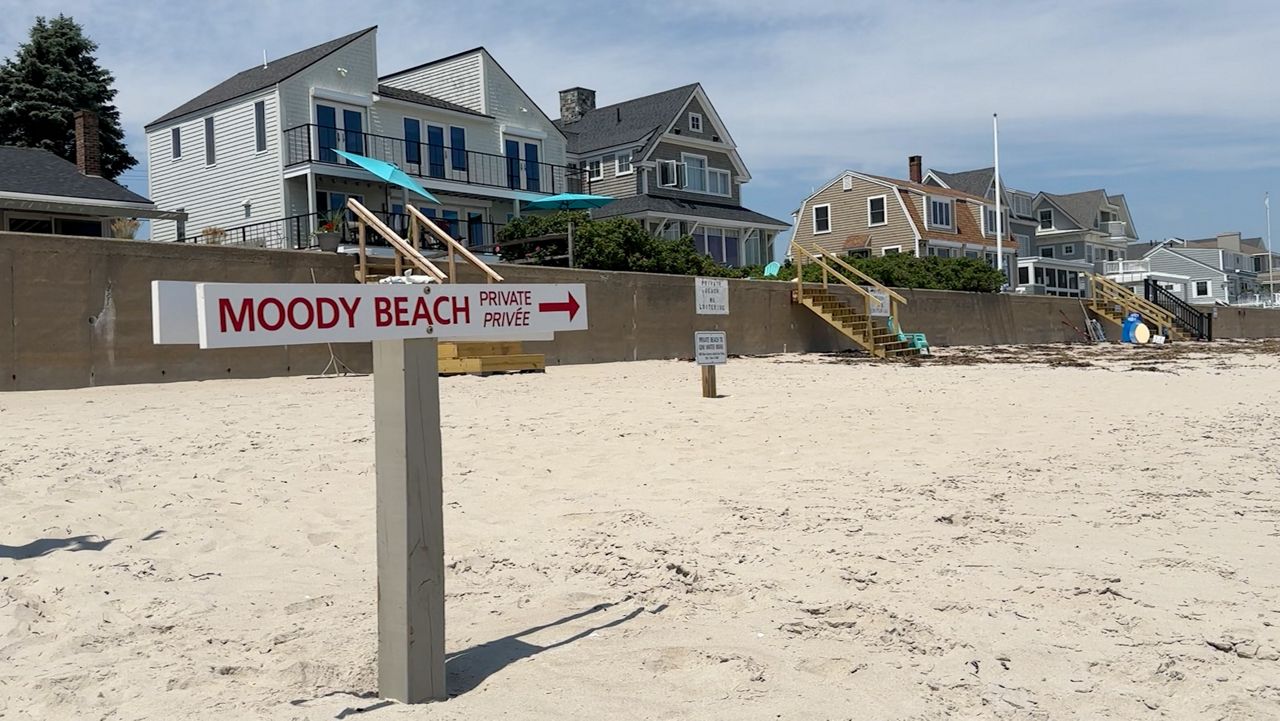A new task force in Augusta charged with finding ways to help those who are homeless will soon get off the ground thanks to a $20,000 cash infusion from the city council.
The vote follows a contentious March public hearing on a proposal to convert the Green Street Methodist Church into a low-barrier shelter and provide other housing options.
Supporters said the large church on the city’s west side provides ample space to meet the needs of the estimated 50-70 people in the Augusta area who lack stable housing.
But opponents said they feared it would hurt the city’s downtown, which is continuing to redevelop after decades of decline.
After the hours-long public hearing, the Augusta Planning Board rejected the proposal, saying it hadn’t been fully fleshed out and citing concerns about financing.
Then in late June, area businessman Wick Johnson and Developers Collaborative Chief Operating Officer Amanda Bartlett approached city council with a new idea.
Bartlett, former executive director of the Augusta Housing Authority, outlined a proposal that calls for task force meetings over a seven-month period, ending in February with a plan that would be brought forward to city council.
She asked the council for $10,000 toward an estimated $45,000 total project cost. The money would pay for a research team from Developers Collaborative that would see what’s worked in other communities and work with local nonprofits already involved in helping to solve the problem.
“Everybody in the community wants to see a solution, everybody feels very passionate about the issue, regardless of what their position or perspective is,” she said. “That’s a great start in bringing forward solutions.”
For the last few years, cities in Maine have struggled to find stable housing for those considered chronically homeless or those temporarily homeless because of life circumstances.
Biddeford officials set a Monday deadline for those living in an encampment to find other accommodations, including a temporary shelter.
In Lewiston, the city council voted in May to create another committee to study the issue, giving the group until December to propose solutions.
In Portland, the city recently expanded a homeless shelter to make available 258 beds. And in Bangor, the city used federal pandemic relief funds to open a new resource center in April to link those who need housing with social services.
To help pay for the task force in Augusta, Johnson, chairman of the board of directors for Kennebec Technologies, said he would chip in $5,000. He said the United Community Living Center, the group behind the Green Street Methodist Church proposal, would also contribute $5,000.
Johnson cited other long-term community projects — the new high school, the expansion of the local library, the building of a new cancer center — that can serve as a model for fundraising and community buy-in.
He said every Saturday 50-70 unhoused people attend a breakfast at a local church, amplifying for him the range of issues that drive the problem of homelessness.
“We need to think big,” he said. “I don’t think it’s unrealistic to think about a comprehensive solution for these problems in any community in Maine. This is the capital city.”
City Manager Jared Mills said the $10,000 could come out of the city’s opioid settlement funds. After discussion, the council opted to take an additional $10,000 out of the council’s discretionary funds to increase the total amount to $20,000.
Council member Stephanie Sienkiewicz said for many years, the city has been reacting to the issue of homelessness. She said she supported spending the funds to find solutions, particularly because of concerns expressed by downtown business owners.
“Putting our money where our mouth is as a city will lead to a product that can make real, visible impacts both for the individuals who are experiencing this, but also for the people who visit our downtown, for our downtown business owners who have asked us again and again for help,” she said. “This is help.”






